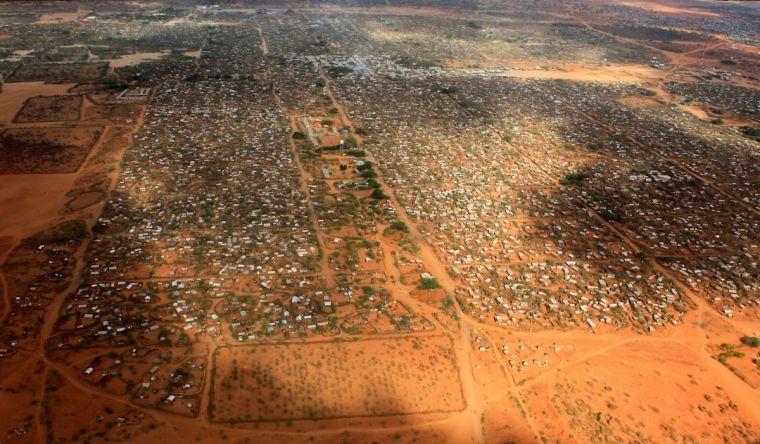Kenya: Christian leaders concerned over closure of world's largest refugee camp

Christian clergy and humanitarian workers have warned the closure of the world's largest refugee camp this year could cause a humanitarian crisis.
They have called for the Kenyan government to treat the refugees facing expulsion from Dadaab refugee camp with dignity, while fearing that infringement on their rights might well be inevitable considering the time frame.
Dadaab was established in 1991 for 90,000 refugees fleeing warfare in Somalia. It is now comprised of five camps, home to 350,000 displaced people and has become a commercial hub in the region. There are make-shift cinemas, businesses, schools and hospitals.
Kenyan Interior minister Joseph Nkaissery announced its closure last month, saying the settlement harbors terrorists.
The camp is around 60 miles from Garissa University in northeastern Kenya, where 147 people – including 142 students – were killed last year in an attack by militant Somalia-based Islamist group al-Shabab.
"Due to Kenya's national security interest, the government has decided that hosting of refugees has to come to an end," said Nkaissery. "The government acknowledges that this decision will have adverse effects on the lives of refugees. The international community must collectively take responsibility [for them]."
Despite the UN urging the government to delay the closure, Kenya seems determined to go ahead with its plans.
"Since they have decided to go ahead with it, we are now trying to see that the exercise is carried out with dignity and a humane manner," said Roman Catholic bishop Joseph Alessandro of the Garissa Diocese, where the camp is situated.
The government has committed to providing security and social services to ensure that the refugees' rights are maintained.
"They have made the promise," said Alessandro. "We hope the process will be smooth."
The head of advocacy at Jesuit Refugee Service, Beatrice Mumbi, said she was concerned over the speed with which they plan to move the refugees.
"The speed at which the camp is being closed is our main concern. We are not sure if this is logistically possible without infringing on the rights of the refugees," she said.
"They said it will be done, but there is still very scanty information on how it will be carried out. Are they going to move them with buses?"
Dadaab is not officially a city, but if it were it would be Kenya's third largest after Nairobi and Mombassa, according to the World Bank.











